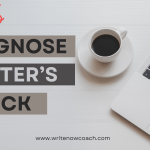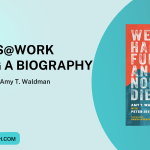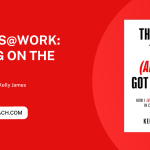Writing Poetry During the Pandemic
Note From Rochelle
Dear Writers,
This week, I’m bringing back Write Now! Wednesdays, an almost weekly feature highlighting writing craft and exercises. If you have an idea for a post, message me on Twitter.
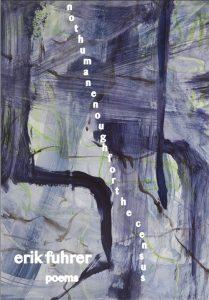 Today I’m delighted to welcome poet and writing teacher Erik Fuhrer to the blog. He’s the author of four books of poetry including, not human enough for the census, If you want to write poetry, but are struggling to start–read on!
Today I’m delighted to welcome poet and writing teacher Erik Fuhrer to the blog. He’s the author of four books of poetry including, not human enough for the census, If you want to write poetry, but are struggling to start–read on!
Happy Writing!
Rochelle
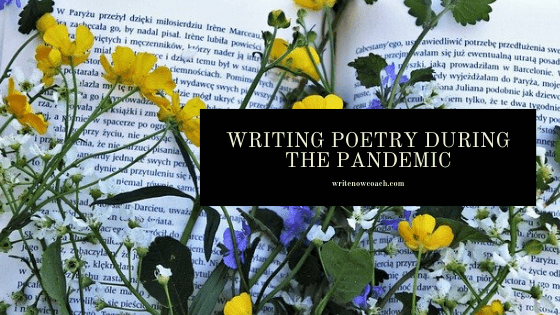
Writing Poetry During the Pandemic
by Erik Fuhrer
Writing poetry can help us connect and to think through out emotions, but it can often be difficult to know how to start, especially during a time when many other life pressures are demanding our attention. The following prompt offers a low-stakes way to begin writing a poem. I recommend you carve out an hour to complete this prompt.
Find a Book
First, you are going to need a book, preferably of fiction or nonfiction rather than poetry. You will also need a writing utensil and a piece of paper or notebook. We are going to be making marks inside of the book, so grab a pencil and a book or magazine that you don’t mind writing in. Try not to overthink your choice of text.
Take a Word Hunt
Once you have the text, choose a page completely at random. If you’ve chosen a magazine, just make sure you have a good amount of words on the page you are working with. Once you’ve turned to a page, read slowly through it and track each word as you read it by keeping your eye above the tip of your writing utensil as you move it beneath each word. Pay attention to the sounds the words make and the images they evoke. Circle the words that stand out to you.
When you are finished reading the page and selecting words, choose 5-10 of your circled words and write them at the top of a separate piece of paper. If you didn’t circle enough words, start the process over again with another random page.
Affirm
Now write, “I am a poet” below these 5-10 words, especially if you have never written a poem before. Writing down affirmations like this can help you to believe them, as you should this one because you may not realize it but choosing those 5-10 words was a poetic act. Much of writing poetry is word choice and arrangement and you have already curated a set of words that signify your unique aesthetic.
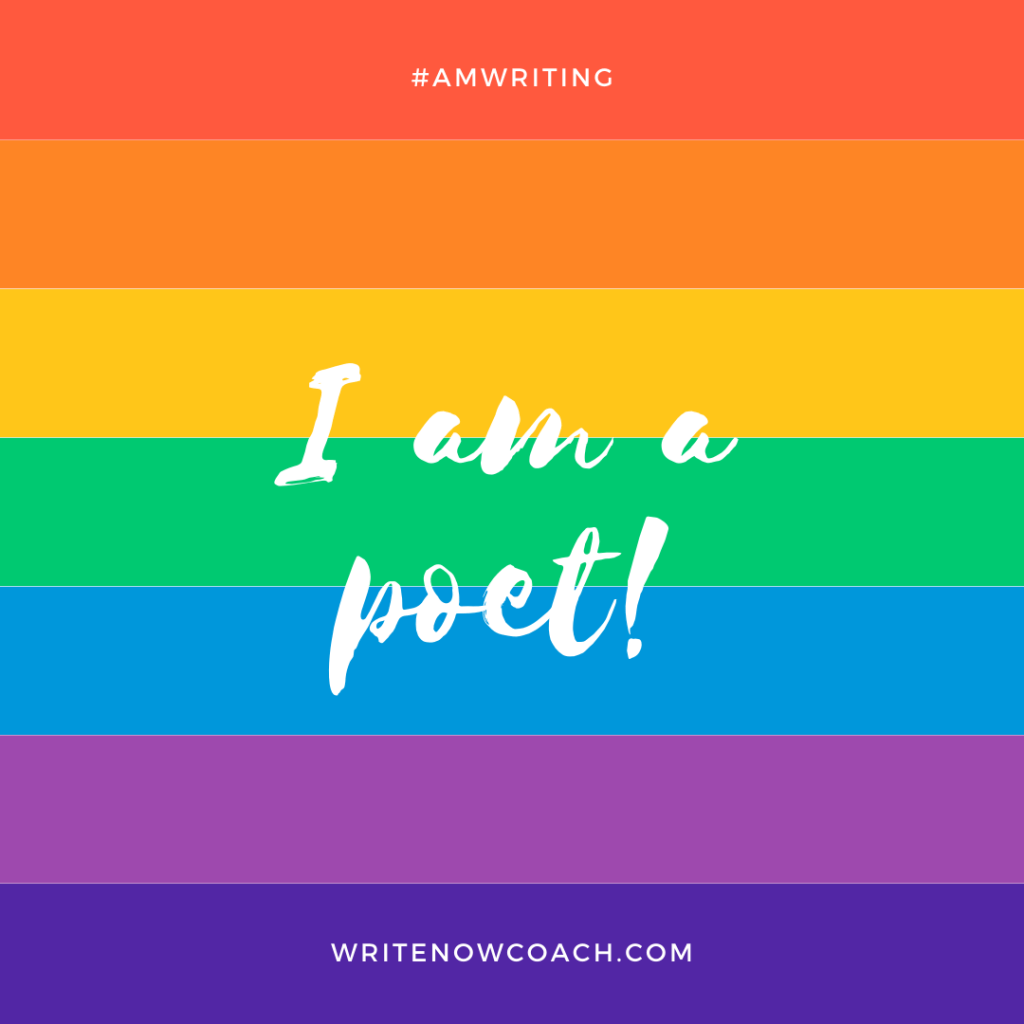
Develop
Now you are going to develop on these 5-10 words to create a poem. Before you start writing, decide on how you will be arranging your words. You may choose to use each word as the beginning or end of a line, or you may decide to insert the words more organically as you write. It all depends on whether you are someone who works better when provided with structure or if you are someone who needs more freedom. If you’re not sure, try it both ways and see which approach feels right to you.
Instead of starting with a topic, focus on sounds, images, and phrases. This will help expel the pressure to write something “good” or “important,” which are subjective terms anyway, and help you just to write. If a certain theme, the pandemic for example, is something filling your mind right now then it will appear anyway, perhaps in surprising ways.
Be open
At the end of the hour, you should have the beginning of a poem, if not a full poem. Sometimes you will love what you wrote sometimes you won’t, and this also makes you a poet. We are always revising our work. You can always return to it later and edit or add to it. Or you can start the whole exercise over again and generate new poems. The trick is to always be open new new possibilities and surprises.
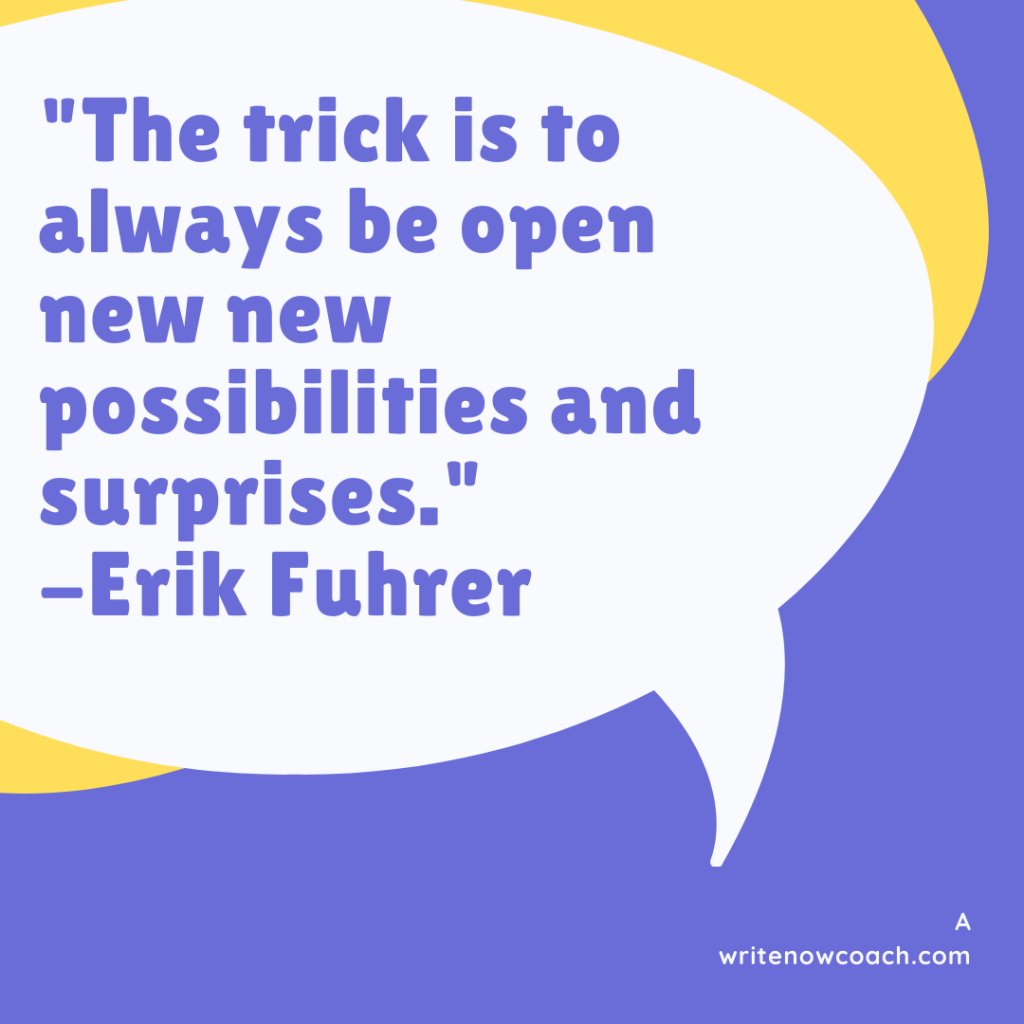
Find more resources
For other ways to interact with poetry during the pandemic, see poet Tara Skurtu’s @IntPoetryCircle on Twitter, a space where poets and lovers of poetry post videos of them reading their work or the work of poets they admire. This is only one of the poetry initiatives on Twitter and Instagram that has been created to help people connect through poetry during this time of precarity.
 About the Author: Erik Fuhrer is the author of 4 books of poetry, including not human enough for the census (Vegetarian Alcoholic Press). His 5th book, in which I take myself hostage, is forthcoming from Spuyten Duyvil Press at the end of this year. He was most recently assistant director of The University of Iowa’s Center for Teaching and has taught writing, literature, and creative writing at The University of Notre Dame, St. John’s University, and others. He can be found at www.erik-fuhrer.com.
About the Author: Erik Fuhrer is the author of 4 books of poetry, including not human enough for the census (Vegetarian Alcoholic Press). His 5th book, in which I take myself hostage, is forthcoming from Spuyten Duyvil Press at the end of this year. He was most recently assistant director of The University of Iowa’s Center for Teaching and has taught writing, literature, and creative writing at The University of Notre Dame, St. John’s University, and others. He can be found at www.erik-fuhrer.com.



